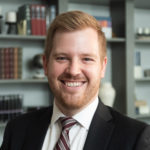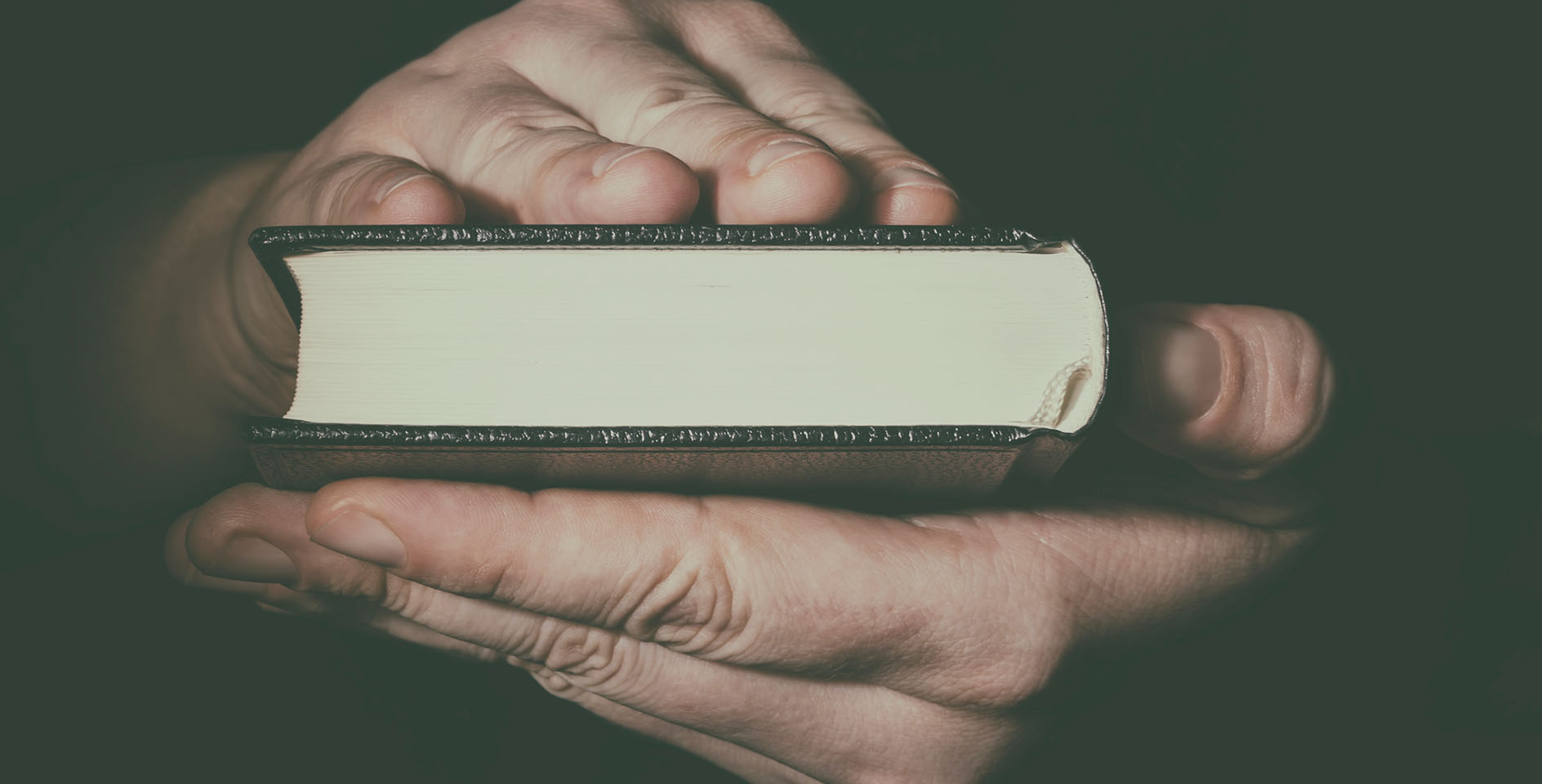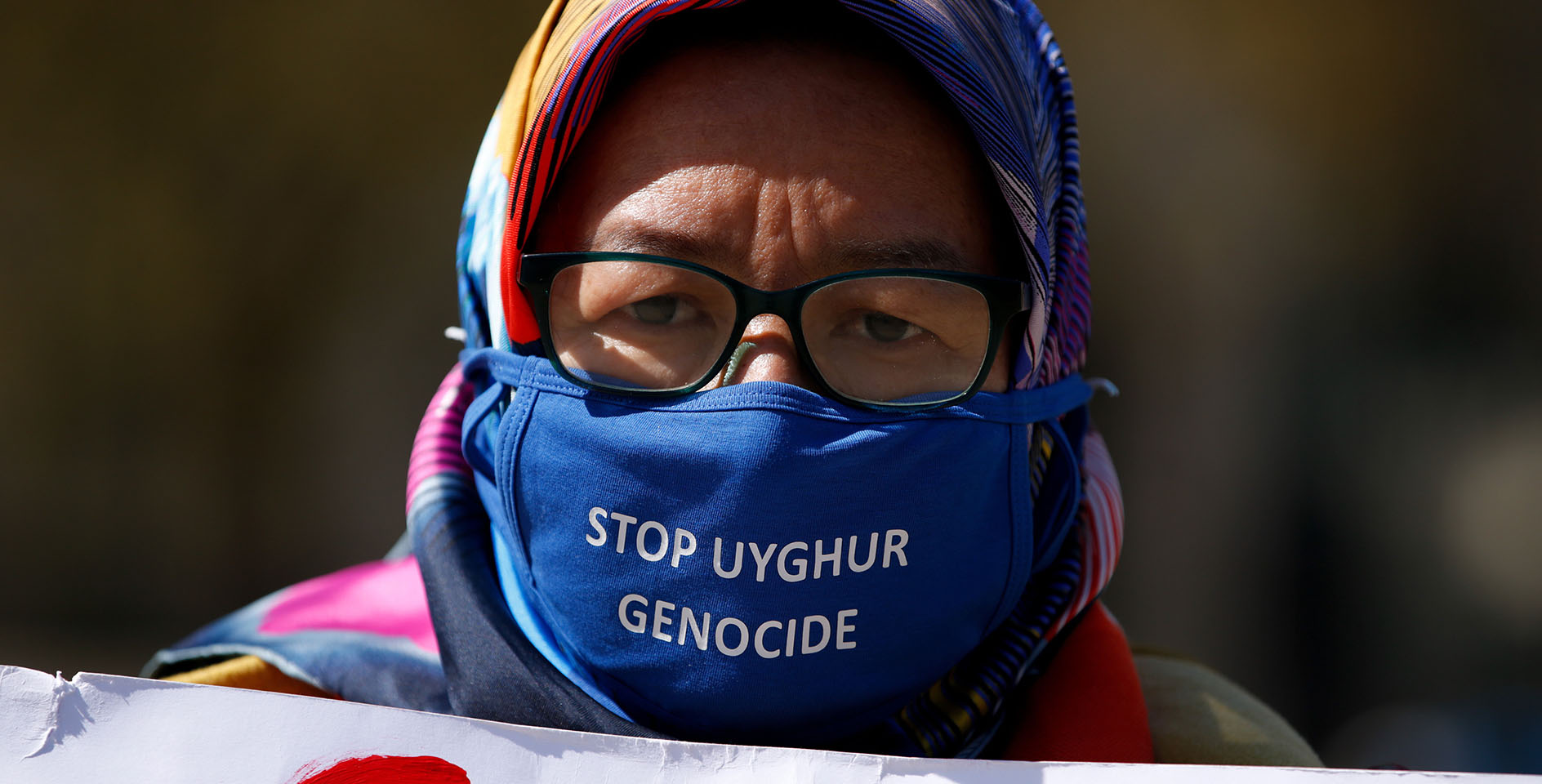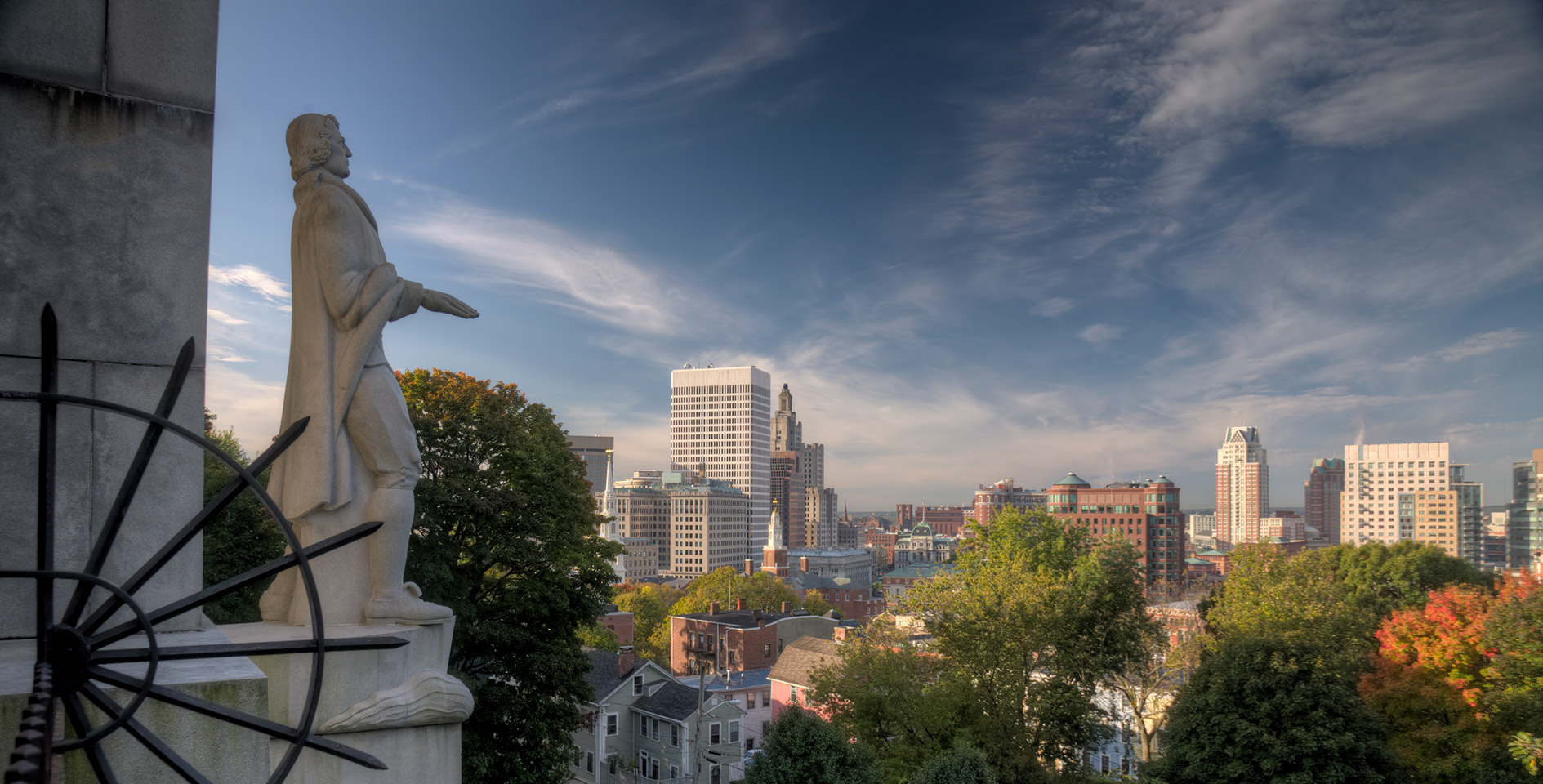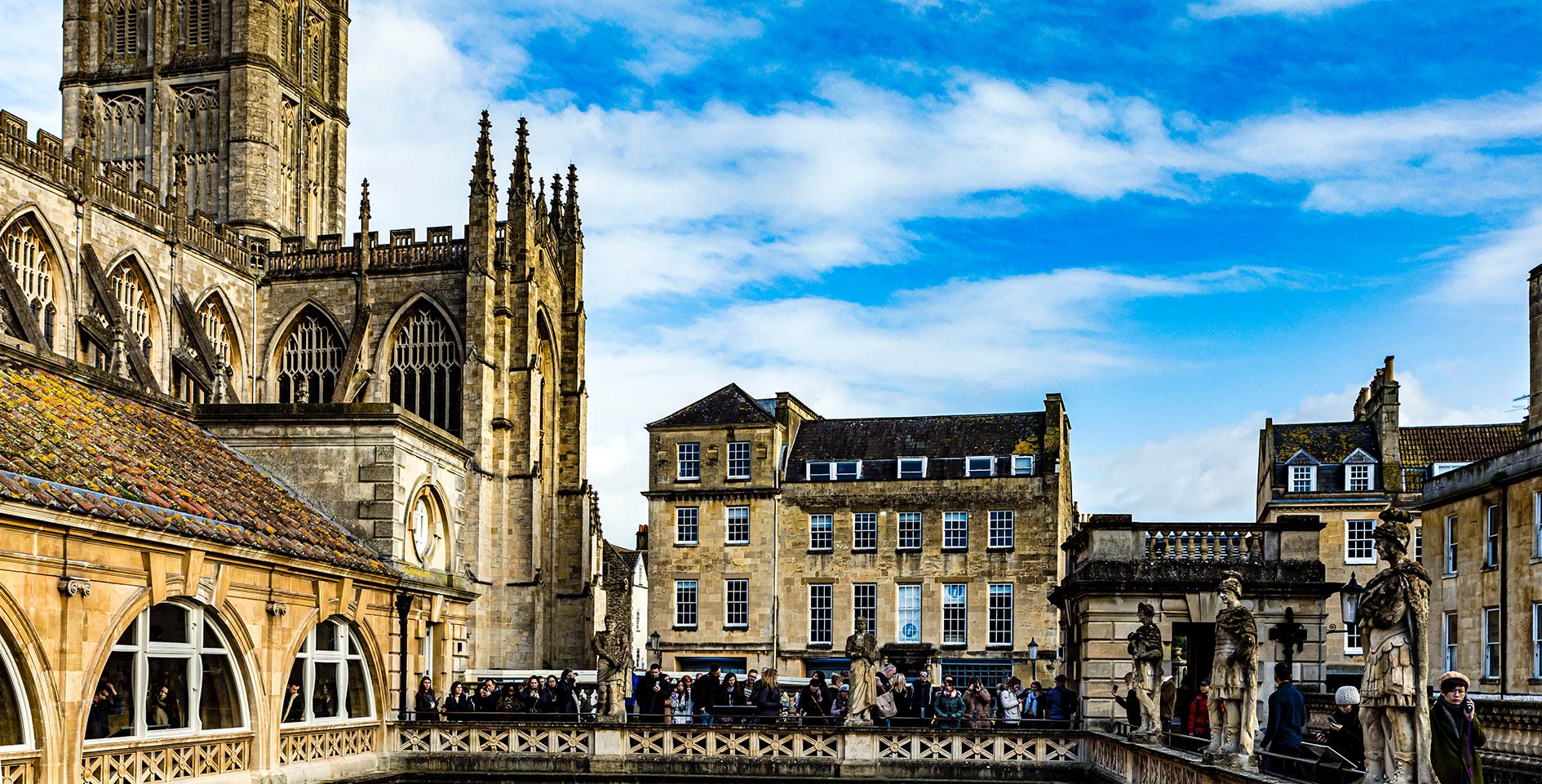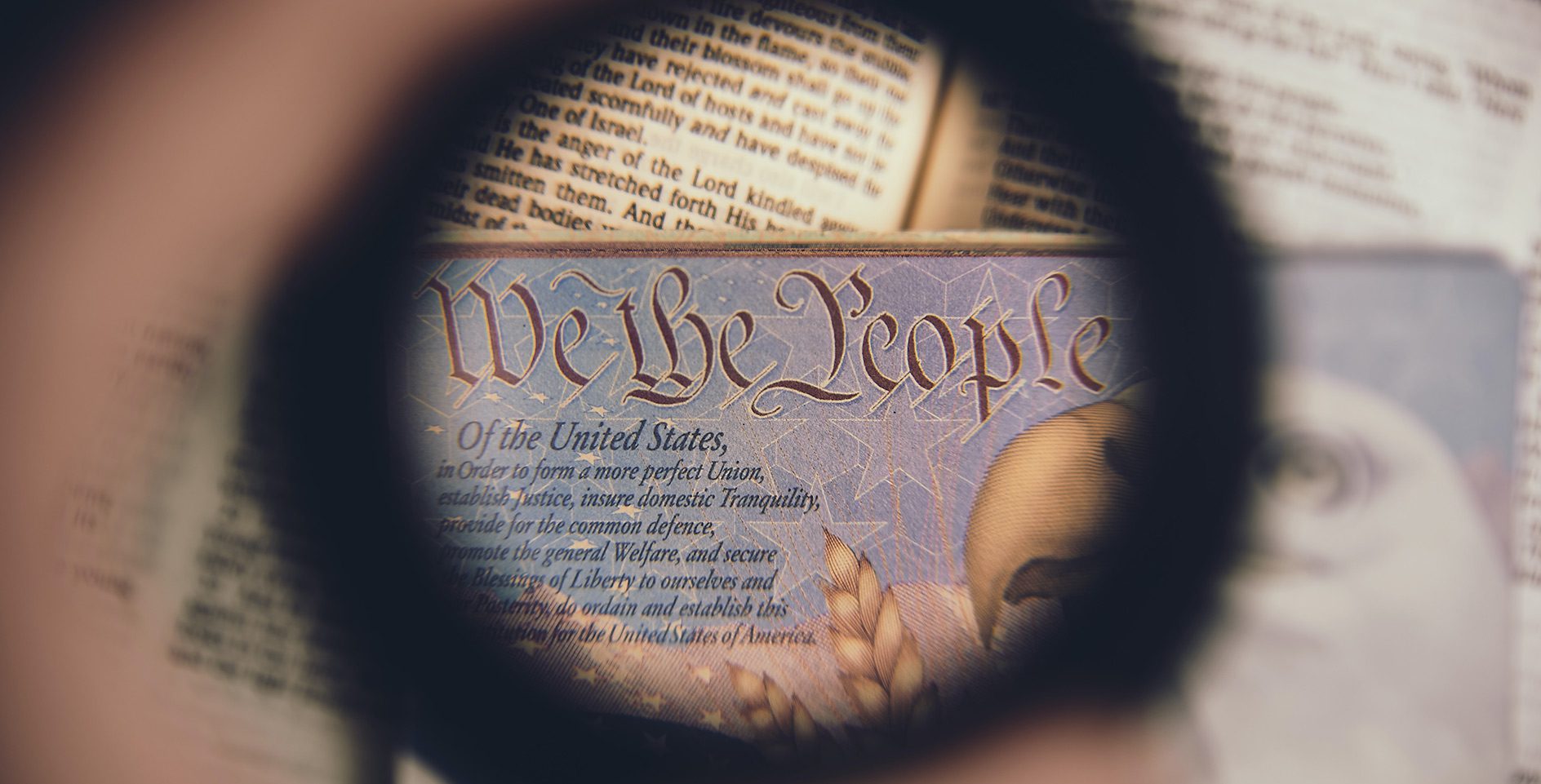The Fourth of July always comes with fireworks, but that’s the case this year in more than just one way. America is in a season of uniquely grating cultural strife. There are fireworks of division detonating all around us. And the more times you scroll through Twitter, or watch nighttime cable news or late-night comedy shows, the more the dynamite of our disagreements are exaggerated, as the debates move well past the point of helpful.
Yet here we are, at a time of great division, with a holiday meant to celebrate our national unity. So, as Christians, what do we make of this Independence Day?
A hometown Fourth
My hometown of Lake Jackson, Texas, was a wonderful place to grow up. The city was founded in 1941 as a meticulously planned municipality with preserved moss-covered live oaks and winding downtown streets literally named This Way, That Way, and Winding Way. The city knows how to celebrate holidays, especially the Fourth of July. Most towns across America celebrate with fireworks, but none compare to the City of Enchantment’s (my hometown’s nickname) display.
I’ve enjoyed watching fireworks shows from the beaches of Seaside, Florida, to the lake shores of Conroe, Texas, but my hometown’s are my favorite. Maybe this is the effect of nostalgia, but the size of the show is impressive even to visitors. What truly makes the day special to me, though, is the way such a celebration can unify a city as families and friends gather outside.
Each year, my family enjoyed the holiday at a party hosted by a family in our church whose home was perfectly situated for a great view of the night’s display. Their annual party drew families from the church and neighborhood. The word ‘smorgasbord’ was created to describe the spread of hot dogs, burgers, and red, white, and blue desserts. My favorite was the coffee punch, the host’s own recipe of Homemade Vanilla Blue Bell ice cream and cold brew coffee. Those are special memories, especially the year when the wind was strong enough to carry ash from the fireworks and drop it on their driveway. My dad was among those pelted.
Our ultimate citizenship
These memories are part of what it means to be home and have a sense of belonging in a place where you are welcomed in community. I am thankful for the one that has carried my family through the highs and lows of life, like church planting, weddings, and health battles. America is my home, and Lake Jackson is my hometown, but neither will be forever—and that’s actually comforting to me.
As a Christian, I am thankful that many of these people who make up such wonderful memories are my brothers and sisters in the family of God. When Jesus tells us that this world is not our home, he reminds us that while we are citizens of the nations where he has placed us, they will all pass away one day. For the Christian, it is only our citizenship in the Kingdom of God that lasts forever. My colleague Andrew Walker writes more on this in How Augustine helps American Christians understand July 4. Walker writes,
“Augustine helps us to love our country the way it is supposed to be loved biblically. Augustine helps us understand that we as Christians can love our country, but we must understand what forces drive it, and what separates it from the Kingdom of God. Augustine is concerned with us loving our God more than our country.”
This means we love this country and celebrate the day of our independence with gratitude, but we do so in ways that honor our citizenship to Christ’s Kingdom above where he has placed us here and now. Walker concludes his article, “on this July 4, be an American, be a Christian American even. But recognize that the former ought to be more defining than the latter.”
Cultivating community where we are
For our second Independence Day in Washington, my wife and I had a friend visiting from Texas. We walked to the U.S. Capitol from our apartment on Capitol Hill for the annual Capitol Fourth concert that airs live on PBS. The show concludes with patriotic songs from the National Symphony Orchestra as the fireworks display fires off above the Lincoln Memorial and the Washington Monument. After the show ended, we walked back home through the rowhouse neighborhood. Block after block, neighbors were out and sending their own firecrackers into the sky until late in the night. And in those encore fireworks is a lesson we shouldn’t miss.
Holidays like the Fourth of July offer opportunities to meet our actual neighbors. In an age of epidemic loneliness in our country, the basic things, like knowing your neighbors, become monumental. There are many reasons why researchers account for the increasing loneliness. Technology changes in vocation, declining marriage rates, and even increasingly polarized politics are all, in part, to blame. As difficult as these new challenges and divisions are to face, we must remember that this is the age in which God saw fit to place you and me. This is our country, and though it’s imperfect, it’s ours to steward.
In Onward, Russell Moore encourages Christians to consider our calling as “an engaged alienation, a Christianity that preserves the distinctiveness of our gospel while not retreating from our callings as neighbors, and friends, and citizens.” He continues, “We must put priority where Jesus put it, on the kingdom of God. But while we are a Kingdom First people, we are not a Kingdom Only people. Jesus told us to seek both the kingdom of God ‘and his righteousness’” (Matt. 6:33).
As you celebrate this holiday, take a moment to meet someone new in your neighborhood. Introduce yourself to those also outside celebrating this shared land of ours. There are people all around us who long for the kind of love that some of us know from hometown memories. As the church, we are to be Christ’s instruments of redemption by showing people the way to our Father in heaven beginning with simple, ordinary hospitality. Then, as the fireworks burst above your town, consider praying for our country and, even more importantly, your neighbors by name. Let’s be people of peace in this culture of chaos. Let’s pray for God’s Kingdom to come. This Independence Day, let’s love our neighbor as ourselves.




